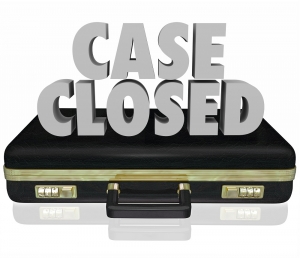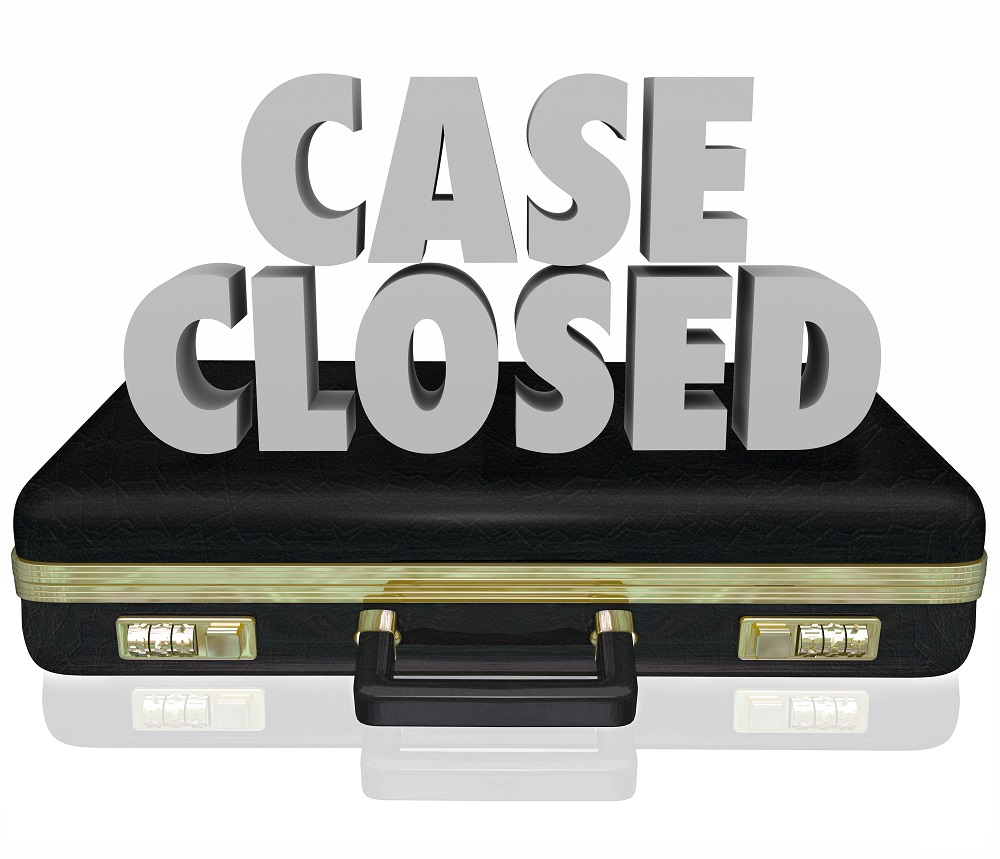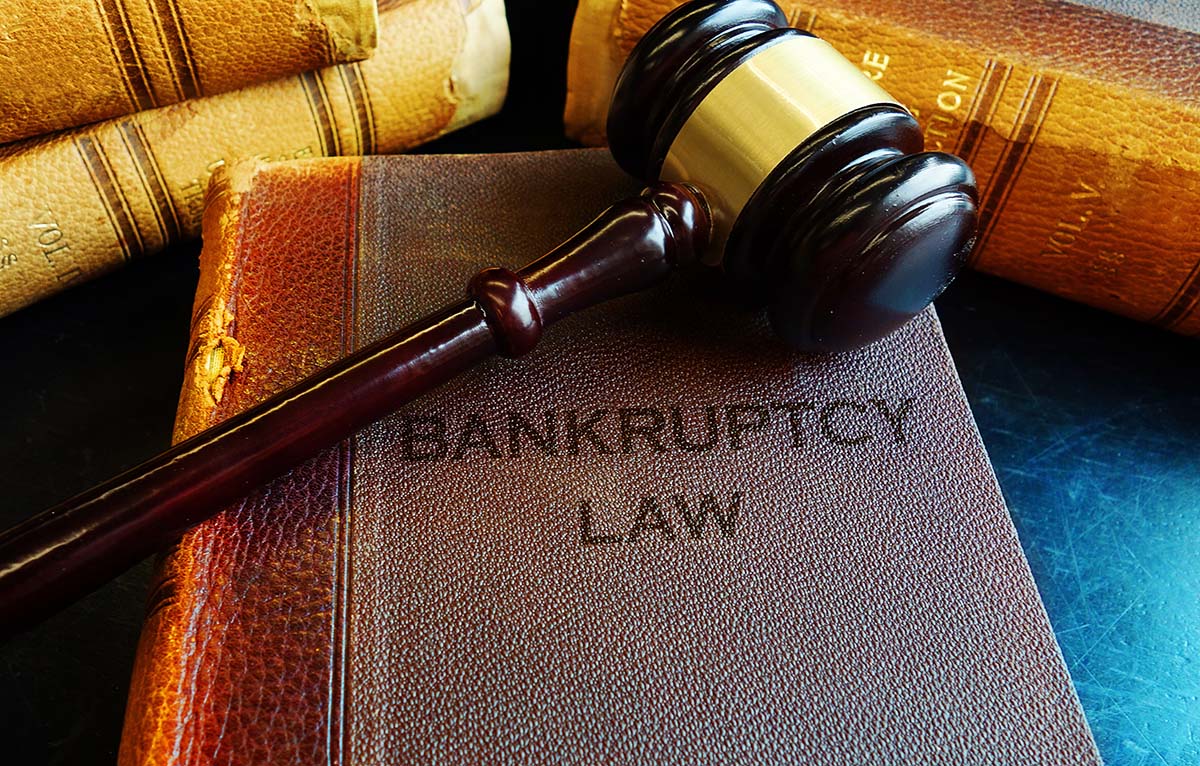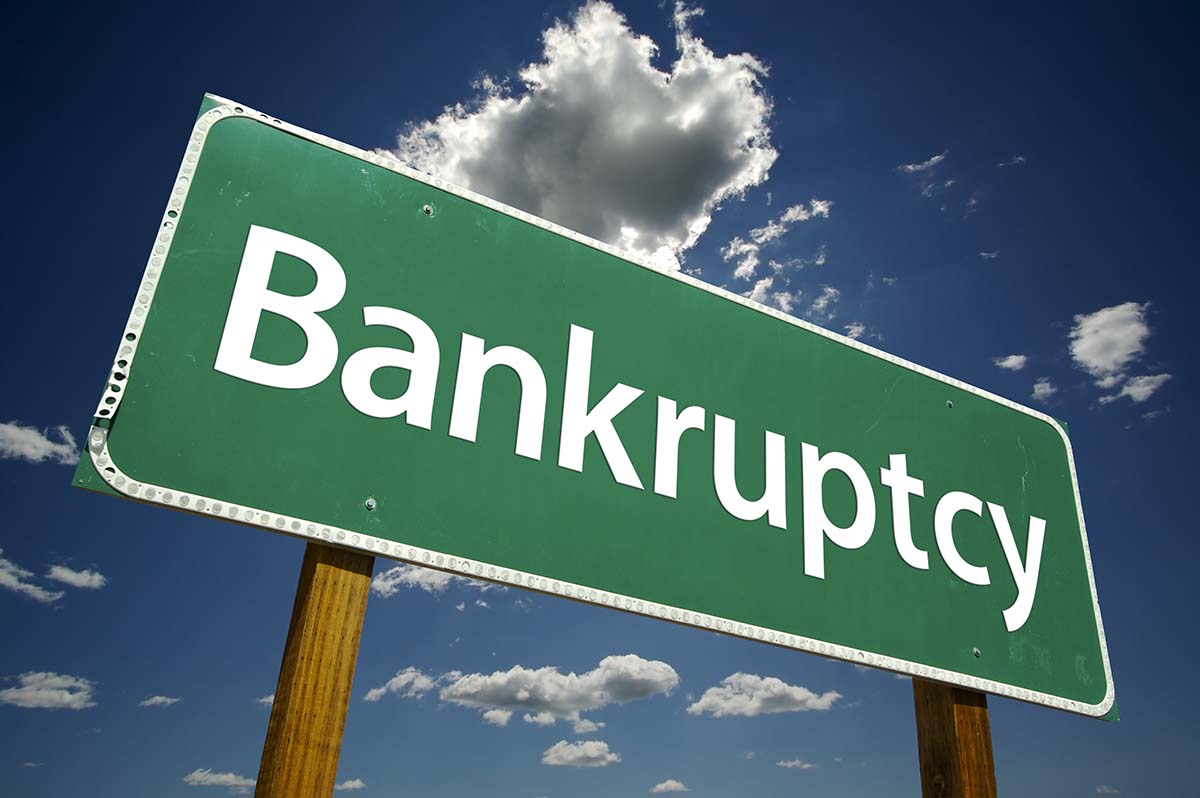What Happens If Your Bankruptcy Case Gets Dismissed?
 You compile the needed documents, you team up with an Arizona bankruptcy attorney and you do your filing. The fact that you’ve filed bankruptcy, however, does not mean a discharge is going to be granted.
You compile the needed documents, you team up with an Arizona bankruptcy attorney and you do your filing. The fact that you’ve filed bankruptcy, however, does not mean a discharge is going to be granted.
In some instances, bankruptcy requests get dismissed. Lacking all of the required documentation and failing to comply with Arizona bankruptcy laws are two of the most common reasons for a dismissal.
The type of dismissal you get will depend on the factor that contributed to it.
Most often, the Arizona court will have bankruptcy filings dismissed without prejudice. What does the term mean and is that a good thing?
What Does Dismissal Without Prejudice Mean?
Dismissal without prejudice means that you have the option to refile immediately. This type of dismissal usually occurs because of a procedural violation or a missing document. Hence, you don’t have a huge obstacle standing in the way of getting a discharge. You’ll simply need to correct the error.
There are several common reasons for getting a dismissal without prejudice:
- Lacking forms or documents required by the Arizona bankruptcy court
- Filing under a chapter that you’re ineligible to file under (for example, failing the means test and attempting to do a Chapter 7 filing)
- Failing to appear to a scheduled court meeting
- Failing to cooperate with the bankruptcy trustee
- Failing to complete the mandatory credit counseling as a part of the bankruptcy process
- Failing to pay the filing fee
- Failing to make required payments under a Chapter 13 plan
There are no penalties and additional sanctions when your bankruptcy filing is dismissed without prejudice. Usually, the debtor will get a chance to refile immediately and address the previous issue. In some instances, a waiting period may be imposed. After the waiting period is over, the debtor will be free to refile the bankruptcy documents.
Click here for information on what is the difference between insolvency vs bankruptcy?
What to Do after a Bankruptcy Dismissal without Prejudice?
While a dismissal without prejudice is usually a minor hindrance, some debtors will be troubled by the failure to get a discharge.
If the court dismisses your documents, you’ll first need to speak to your attorney and understand the main cause of rejection. Having a single document missing from your bankruptcy folder is an issue you can address easily.
One important consequence to keep in mind is the effect that the dismissal is going to have on the automatic stay.
Once you do a bankruptcy filing, the automatic stay comes in effect to protect you from collection efforts on behalf of creditors. If you refile your bankruptcy documents within a year of getting the dismissal without prejudice, the automatic stay will be limited to a period of 30 days.
If the court had dismissed your documents several times already, you may be denied an opportunity to benefit from automatic stay protection altogether.
When you refile after a dismissal without prejudice, you will also need to submit a motion to extend the automatic stay.
The next step will be entirely dependent on the reason why your bankruptcy was dismissed without prejudice. If you got dismissal because you failed making Chapter 13 payments, you can propose a new Chapter 13 plan that will have to be approved by your trustee and the court.
In case you failed completing the credit counseling, you will have to attend this educational opportunity before moving forward with the document resubmission.
Even if the reason for the dismissal is the simplest one, you should refrain from attempting to refile on your own. As already mentioned, several dismissals can have negative consequences. Let a lawyer handle the process for you – the collaboration will save you money and make it possible for you to get a faster discharge.





